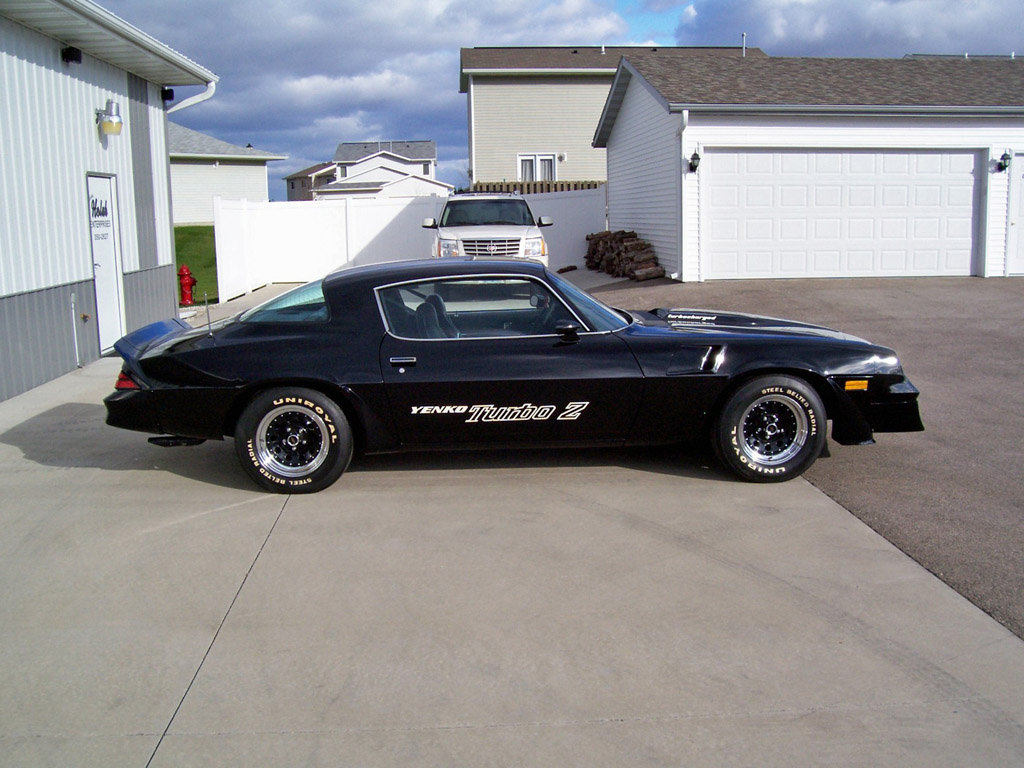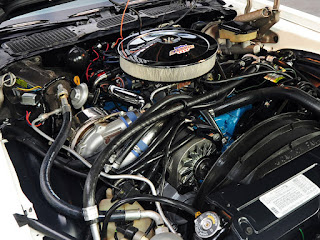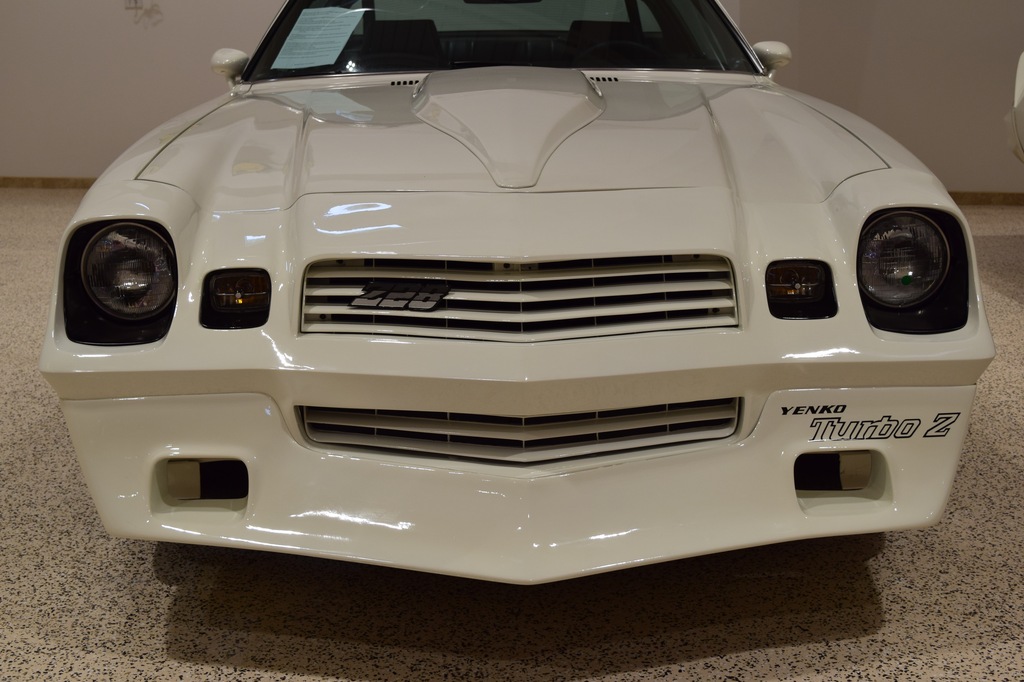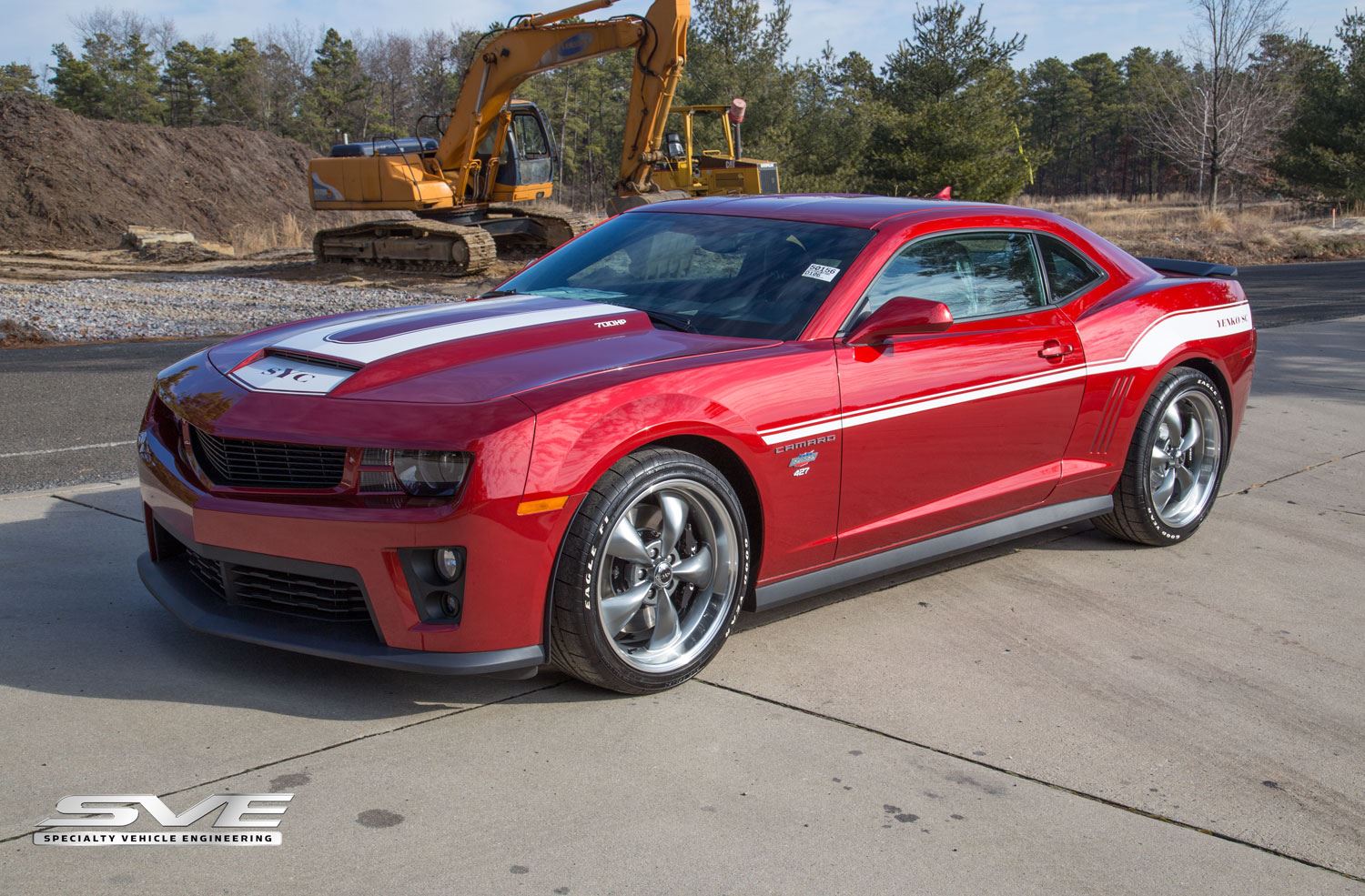Difference Between the Yenko and COPO
Most people probably know about how badass the Yenko and the COPO Camaros are, but how many people know where the names come from and what’s the difference between the two. Of course, if you are a diehard Camaro fan with a lot of knowledge of the first generation Camaros, you probably know some or all of the facts, but just in case you don’t, here is a little bit of education.
The Yenko
In 1967, Don Yenko, owner of Don Yenko Chevrolet, contacted General Motors and ordered 54 Camaros straight from the factory with a special mission in mind. That special mission was to convert those Camaros into Yenko drag strip-ready IHRA/NHRA Stock and Super Stock Camaro competitors.
(How many Yenko Camaros were built and sold from 67 through 69 is really unknown. The same goes with COPO Camaros; ask ten different experts and you're likely to get ten different answers).
When these Camaros first showed up at the Yenko Dealership, the first order of business was to take out the existing 396-cu.-in. engines and replace them with 427 big-blocks. Although a lot of numbers swirled around about how much horsepower they produced, it was estimated around 425-450-hp (depending on who you asked). Along the way, Yenko also had all Yenko labeled Camaros beefed up with other goodies like traction-bars and 3:73-positraction rear-ends.
There was only one problem with Team Yenko’s plan to turn the Camaros into drag strip-ready Camaros, they were not allowed to race in the IHRA/NHRA Stock or Super Stock classes. These classes were strictly for cars that had no engine changes or any other big mechanical changes after they left the factory. They were not banned from all drag racing, just the Stock and Super Stock classes that the Yenko Team was aiming for, so eventually the Yenko program was canned.
A lot of people think that the reason Yenko stopped the program was because of the inability to race in their intended classes. That was part of the reason, but most of the reasons were because Yenko was losing money on the pulled 396 motors and rear-ends they could not seem to get rid of and the program was losing even more money since GM would no longer warranty the Camaros if they were modified after they left the factory. That either fell in the hands of the owner or Yenko himself.
69 COPO Camaro
It’s true, the name strikes fear in the hearts of racers who dare to pull up next to one in the staging lanes. They dominated the Stock and Super Stock classes for a long time.
COPO stands for (Central Office Production Order) and this program was invented specifically to put competitive Camaros in those Stock and Super Stock classes. If you ordered a Camaro from the central office, the build sheet would go to the factory, and when the Camaro rolled off the factory line complete, whatever you asked to be installed would be installed and considered stock. With that being said, there was nothing IHRA or NHRA could do about excluding the cars from racing in stock classes.
Ultimately, it was Fred Gibb and Don Yenko that pushed Chevrolet into making this program happen. Chevy saw the need for competitive Camaros in these classes for the use of sponsorship and of course bragging rights. They were Camaros, they were stock, and they were Mustang and Mopar eaters for a long time at the track. The 427 big-blocks made 425-hp and 460-lb.-ft. of torque, they took home a lot of trophies.
Last Note
A lot of people believe the COPO division was designed for the 69 ZL1-Camaro and then squashed, and then brought back in 2013 for the Camaro again. But the General Motors COPO Division has been around since GM made fleet vehicles e.i. cop cars, taxis, tow trucks, etc. All vehicles that are ordered specially from a corporation, charity, a government, or something like that are considered specialty-made vehicles or COPO vehicles. (It wasn’t just a program made up for one of the baddest Camaros ever produced, the Camaros just stole the spotlight).








